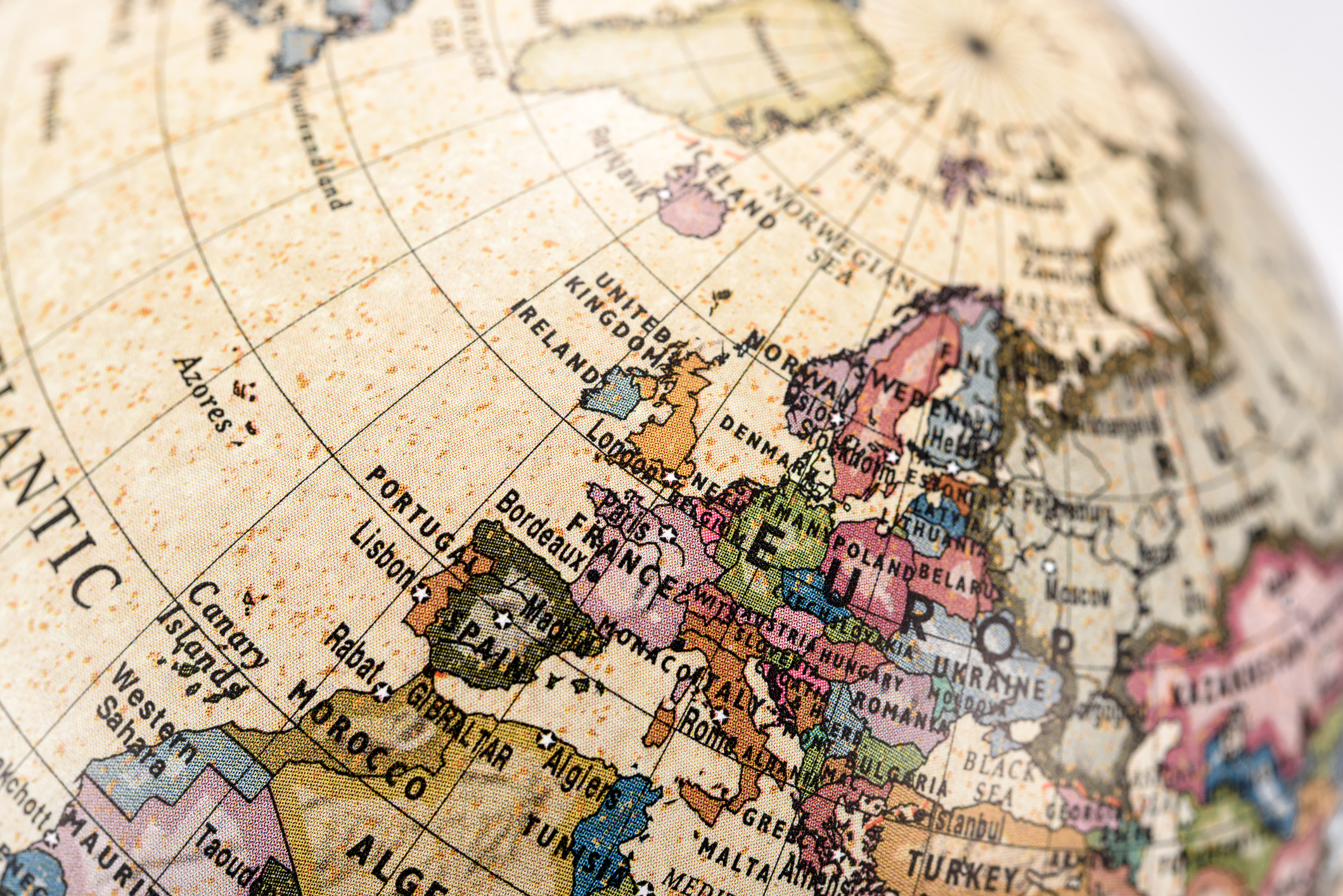Germany and Spain: Germany’s Impact on Spanish Transitions
Recently, Spain marked its 40th year anniversary of joining NATO.
Both Ken Maxwell and I have written articles highlighting this historical transition.
By re-focusing on Spain, and thinking about the future of Europe with the new Germany under real stress and strain to sort its way ahead in today’s Europe, I was reminded of Germany’s significant impact on Spain in three critical moments of transition.
The first was the Spanish Civil War in which Hitler’s Germany provided critical support to Franco in his fight to control Spain.
Franco operating from his core support of the Africanistas leveraged their common experience in Spanish Morocco to shape the tools and techniques that would prevail in the civil war.
The Nazis provided the key air element which provided the destruction from the air which re-enforced Franco’s forces on the ground in the takeover of Spain. Hitler’s regime aided first of all in provided the air transport to take Franco’s forces from Spanish Morocco to the Spanish mainland. And then the Condor Legion was established whereby German forces directly aided Franco in his takeover in Spain.
As John T. Correll put it in a 2013 article in Air Force Magazine:
“Franco’s request was for 10 transport aircraft plus infantry weapons and anti-aircraft guns. Hitler gave him more than he asked for, sending 20 Lufthansa Ju 52 airliners—repainted to disguise their origin—and six He 51 biplane fighters.
“It was the first big military airlift in history. Over the next three months, the Germans flew 13,500 Nationalist troops to bases in southern Spain. The trimotor Ju 52s were stripped bare inside and the soldiers sat on the floor in back, their rifles between their knees. Each aircraft made as many as four flights a day, carrying up to 40 passengers instead of the official maximum of 17. By October, the Germans had established air superiority over the Strait of Gibraltar and the transfer of men and materiel continued by sea transport.
“That was only the beginning of German assistance, which culminated in the deployment of the Condor Legion and the rotation of Luftwaffe aircrews through the Spanish Civil War from 1936 to 1939, serving as a dress rehearsal for blitzkrieg in World War II.”
The second was after the war when a rebuilt Germany led the way in a peaceful force insertion into Spain in the form of tourists.
Here the Germans brought money and post-war life styles as key elements of their “occupation” of Spain in the tourist season.
Sasha D. Pack wrote in a 2007 article on tourism and political change in Franco’s Spain which highlighted the German impact. The abstract of this article reads as follows:
“Few cases illustrate the potency of tourism as a form of international relations better than the experience of Franco’s Spain. Historically shunned by all but the most intrepid travellers, Spain became a major hub of postwar European leisure, absorbing a massive current of vacationers in search of seaside pleasures and an escape from staid routine.
“The consequences for Spain were at once economic, cultural, and political. Foreign tourists strengthened the ostracized regime, providing by the mid-1950s both its largest source of foreign currency and compelling evidence of its acceptance by democratic Europe. They also posed challenges for the Franco regime and its foundational principles of moral and economic autarky.
“Far the greatest draw were the popular seaside resorts of the Mediterranean littoral, where resentment of Madrid’s authority was generally higher. Local service economies soon became tied to international commercial networks and operated largely outside the official National-Corporatist structure. The postwar tourist boom reinforced the Franco dictatorship’s sovereignty while simultaneously triggering significant institutional and cultural transformation.”
The third was the support which the German political foundations provided to Spain in the democratic transition.
The German political foundations have played a key role in the postwar period in engaging democratic West Germany with the rest of Europe. No clearer case was the post-Franco Spanish political environment. And for the new Germany, these foundations have played a key role in EU enlargement as well, forged in part by their experience in dealing with the transition from authoritarianism in Spain.
For example, the SPD foundation played a key role in working with the Spanish socialists in aiding their rise to power. A 2016 article by Antonio Munoz Sanchez highlighted how the Friedrich Ebert Foundation played their role in Spain. The Foundation provided financial, logistical and training support for the Spanish socialists.
He concluded his article as follows:
“The significant involvement of German foundations, particularly that of the FES, during the transition to democracy, cannot only be explained by the need to consolidate and defend Germany’s interest in the country or by Bonn’s fears of an eventual communist expansion in southern Europe. For German democrats, contributing to the recovery of freedom in Spain also became a moral duty, a way to compensate for the ignominy of the Third Reich’s role in the destruction of the Second Republic in the 1930s.
“At the inquiry commission set up by the Spanish Parliament following the Flick scandal, Dieter Koniecki summed up this feeling by stating that the total amount granted by Germany to the Socialists in Spain ‘did not reach even half the cost of the bombs fallen on Guernica an afternoon’.
“Altruism was, therefore, one of the factors behind Germany’s impressive display of soft power in Spain from 1975 onwards. For once, those usually incompatible terms in international relations, solidarity and realpolitik, came together and worked towards the same end.”
With little doubt, the current war in Ukraine will see a new set of challenges for Germany to embrace political change in Europe which also affect its own political evolution going forward.
But now it is not the dominant player: the new Europe will play out the future of Ukraine and Russia in directions that Germany itself will need to play catch up with as well.
Featured Graphic: Photo 46030553 © Kojinaka | Dreamstime.com

